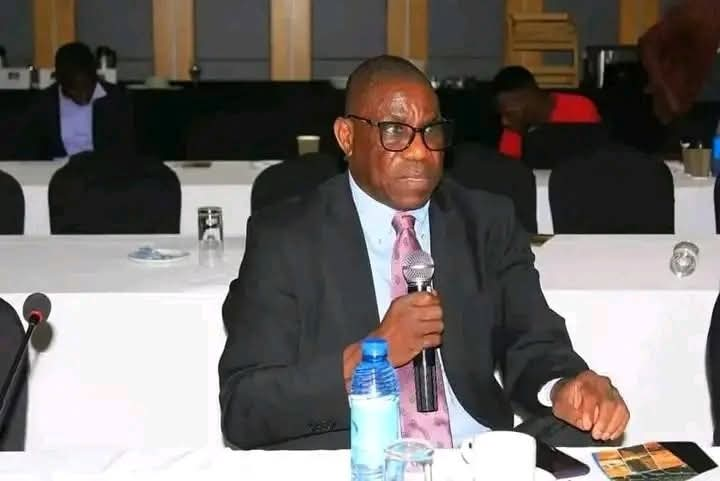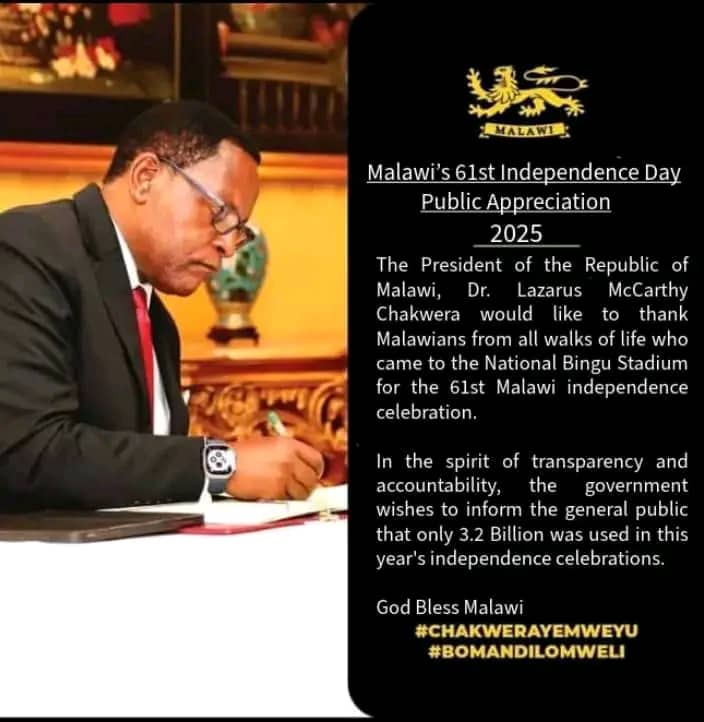By Burnett Munthali
Lawyer Alexius Kamangila’s recent live broadcast on Facebook, held on October 18, 2024, has stirred significant conversation surrounding the integrity of Malawi’s judiciary. By publicly naming judges and lawyers he accuses of corruption, Kamangila has not only spotlighted a critical issue but has also placed himself at the forefront of a movement demanding accountability and reform.
Key points of the broadcast
Kamangila’s allegations are sweeping and specific. He called out Supreme Court judges Justice Chikopa, Justice Madise, and Justice Kapanda, while expressing grave concerns about Chief Justice Mzikamanda SC, whom he labeled as “passively corrupt.” This assertion raises questions about leadership and oversight within the judiciary, suggesting that the highest levels of the legal system may be failing to uphold ethical standards.
In the High Court, Kamangila named Justice Media and Justice Nyirenda, indicating that these judges are also part of a systemic problem. His explicit accusations against prominent legal figures, including Wapona Kita and Frank Mbeta, further illustrate the depth of his concerns about a culture of corruption that pervades not just the judiciary but the legal profession at large.
Public reaction and implications
The immediate public response to Kamangila’s statements has been one of support and outrage, reflecting a broader frustration with perceived corruption in the legal system. By using a platform like Facebook Live, he has effectively engaged a wide audience, bringing a traditionally opaque issue into the public sphere. This method of communication resonates particularly well in a digital age where social media serves as a powerful tool for advocacy and change.
Kamangila’s broadcast raises significant implications for the future of Malawi’s judiciary. It reflects a growing demand from the public for transparency and accountability. The judiciary is a cornerstone of democracy, and its integrity is essential for maintaining the rule of law. If public trust erodes, it could lead to widespread disillusionment with legal institutions.
Challenges ahead
However, the path forward is fraught with challenges. Addressing corruption within the judiciary is no simple task. Resistance from those within the system who may feel threatened by such accusations is likely. Moreover, Kamangila himself may face backlash, both professionally and personally, for his bold claims.
There is also the question of how legal and governmental bodies will respond to his allegations. Effective reform requires not just acknowledgment of the problem but also a commitment to implementing change. This can involve revisiting the mechanisms of accountability, strengthening oversight bodies, and ensuring that those who engage in corrupt practices are held responsible.
Conclusion
Alexius Kamangila’s live broadcast serves as a crucial turning point in the conversation about judicial corruption in Malawi. By shining a light on these issues, he has prompted necessary discussions about integrity, accountability, and reform. As public discourse continues to evolve, the judiciary’s response will be pivotal in determining the future of Malawi’s legal system and the trust that citizens place in it. The call for immediate action is clear, and how the legal community and government officials choose to respond will shape the integrity of Malawi’s judiciary for years to come.




